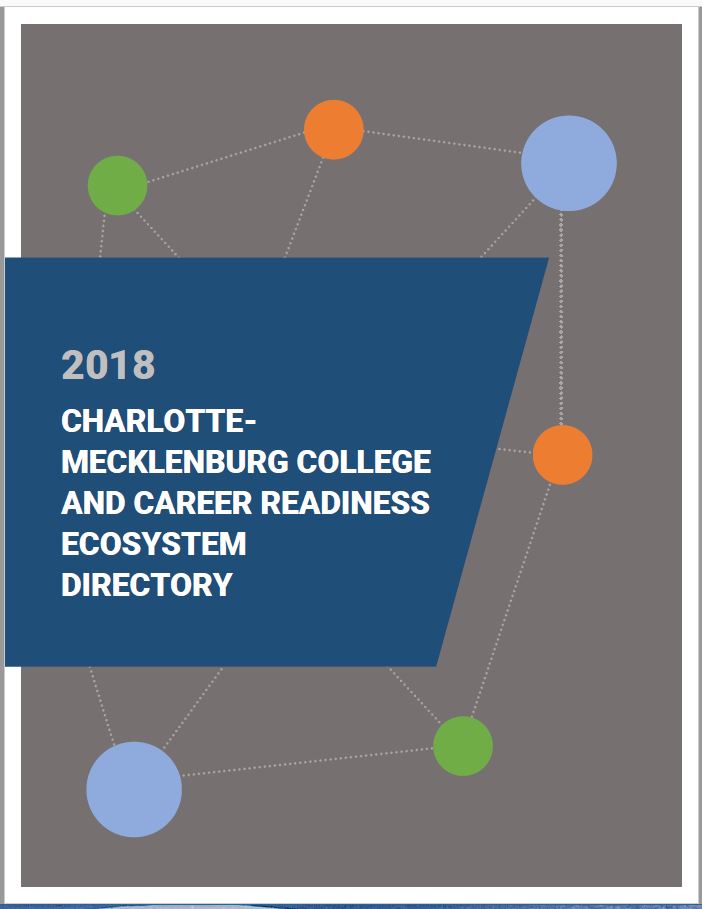Report tallies college and career readiness programs

The Charlotte-Mecklenburg Opportunity Task Force identified college and career readiness as one of three determinants with the greatest influence on an individual’s ability to move up the economic ladder. In other words, to improve economic opportunity in our community, we must improve college- and career-readiness, particularly among children and youth. To do this, we first must understand what programs and services already exist and where gaps might be.
The Opportunity Task Force arose out of a 2014 study from Harvard University and University of California, Berkeley scholars that found only 4.4 percent of children in the Charlotte-Mecklenburg region born into the lowest 20 percent of the national income distribution will move to the top 20 percent during their lifetimes. Charlotte was 50th among the 50 largest cities. The Opportunity Task Force was formed to study the issue and in 2017 released the Charlotte-Mecklenburg Leading on Opportunity report.
Over the past year, with funding from Foundation For The Carolinas and the John M. Belk Endowment, the UNC Charlotte Urban Institute worked to catalog the organizations providing college and career readiness programming and services in Mecklenburg County. Building off 2015 work by ROI Impact Consulting, the new report identifies more than 90 organizations in Mecklenburg County that provide services to support the college- and/or career-readiness of the county’s children, youth and adults.
The majority of the organizations identified focus on educational support services like improving academic achievement, preventing youth from dropping out of school, and preparing students for college, but a good number also aim to expose students to career options and experiences.
Organizations and programs tend to serve youth and adults at a specific education level (e.g. middle school or community college) and/or special populations (e.g. youth in foster care or individuals with disabilities). While many programs focus on individuals with disabilities, relatively fewer programs target youth in foster care and immigrant populations.
While the report focuses on listing the availability of services throughout the community, with a few examples of individual programs, we have also compiled a comprehensive catalog of all the organizations and programs identified. To learn more about a specific program or organization, refer to this directory, which offers a description of every program and a list of services it provides and populations it serves.
Finally, we intend to update the information periodically to keep these resources current and useful. If you would like to update the information for your organization or if your organization was not included and you believe it should be, please fill out this form so we can contact you.


Laura Simmons

